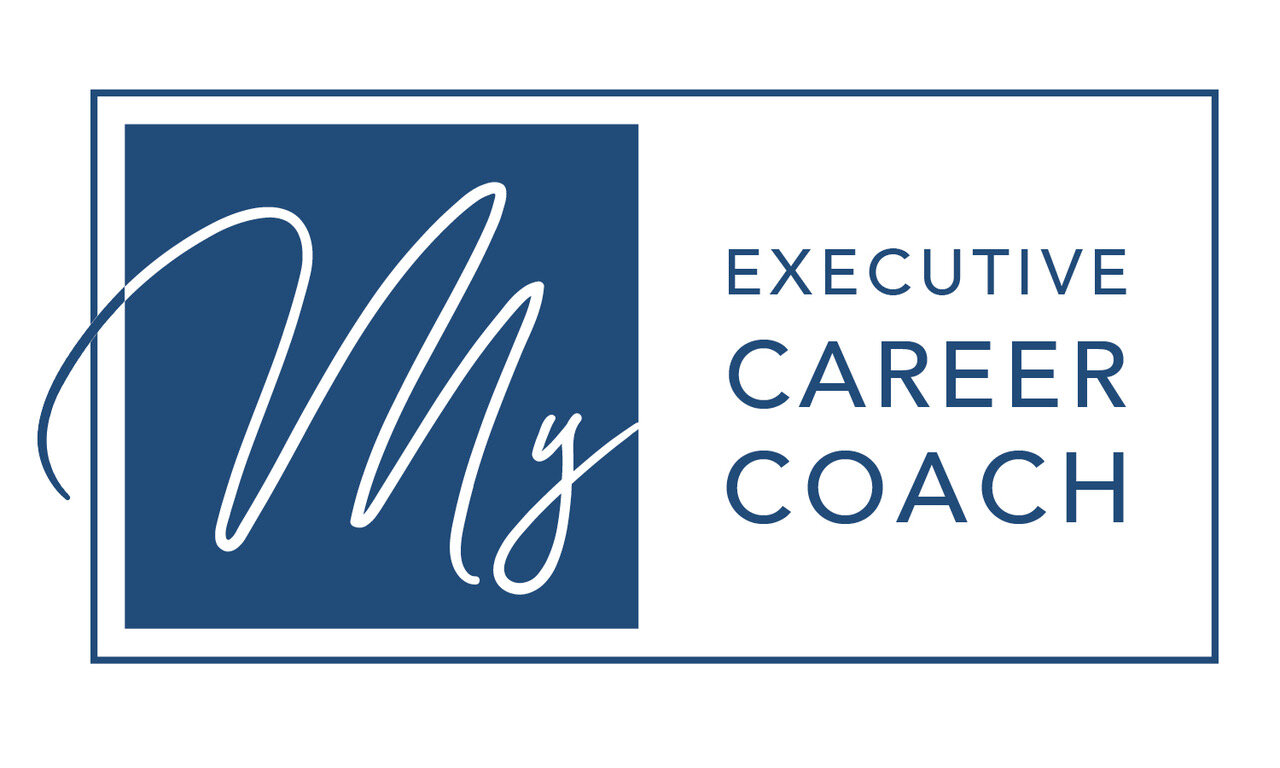By Linda Van Valkenburgh, MS, CCMC, CJSS
Recently, I have been appearing and speaking in a number of different venues about a whole host of topics from “Creating Your Value Proposition” to “The Use of Twitter in Job Search.” At some point after the speech, people will come up to me and ask me about working with me. While I have written about working with a career coach in the past, I recently came upon on article in the Wall Street Journal that discusses working with a coach in a very poignant way. In the weekend edition on March 12-13, 2011, they printed an essay written by David Duchovny, the actor, which is the preface to the new edition of “Coach: 25 Writers Reflect on People Who Made a Difference,” edited by Andrew Blauner.
David Duchovny was the captain of the Collegiate School basketball team in 1978 and reflects on his experience with his coach during the latter part of his high school career. Coach Byrne arrived during his Junior year at school. Duchovny had some behavioral issues as a result of his father mostly being gone at that time. Coach Byrne, a strapping, tall man, had a plan.
The Coach told him to cut his hair, stop cursing and harness his energy into the game. He told him he was “worthwhile and good and that they could win.” He spoke to Duchovny “like I was someone worth telling a story about, subtly enjoining me to become active in the story.” Further on he states, “He saw potential in me, and I began to respect my self.” When you work with a career coach, they develop a plan for you based upon your objectives. Losing a job and being in transition, for some people, has an impact on their self esteem and respect they have for their work. Your career coach is there to hear about the things that you have done and to bolster your self-worth by showing you concrete examples they elicit from you. Your career coach is able to see your potential and help you focus on bringing this out to hiring decision makers. As you implement the program that your coach provides, he or she nurtures this belief in yourself as well. As Duchovny describes,
“As you make the dangerous crossing from unproven belief to actual accomplishment, from potential to reality, a good coach holds your hand so expertly that you don’t even know your hand is being held. I got better because Coach Byrne told me I was already better. It was that simple – a magic trick. And every success that I have had since has had some of this same magic in it, either at the hands of other skilled teachers or by the generous trickery of the voice inside me that they instilled.”
A career coach is your champion in the world of employment. As you discuss and explore the various components of your search plan, a good coach reinforces the success you have had so that you can present them in many different ways to the HR professional you will be encountering. They prepare you for the interview process both on the telephone and in person. They guide you through the ways to answer the tough questions so that you are prepared and feel confident and project that confidence to everyone you meet. You do not feel alone as you know you have someone to turn to for questions, suggestions and debriefing for future interview success. Their tools and techniques are such that they help you manage your career now and into the future.
In talking more about his coach, Duchovny asks, “How is it that he got through to me in such a short time? That’s the genius of a coach. They talk to you between the lines, but then you take them with you outside the lines.” The same rings true of a career coach.
I hope this article helps you understand the support that coaching can bring to your career search. Please leave me a comment and let me know what you think. As always, I wish you every success. If you are interested in exploring coaching further, please feel free to contact my office.
